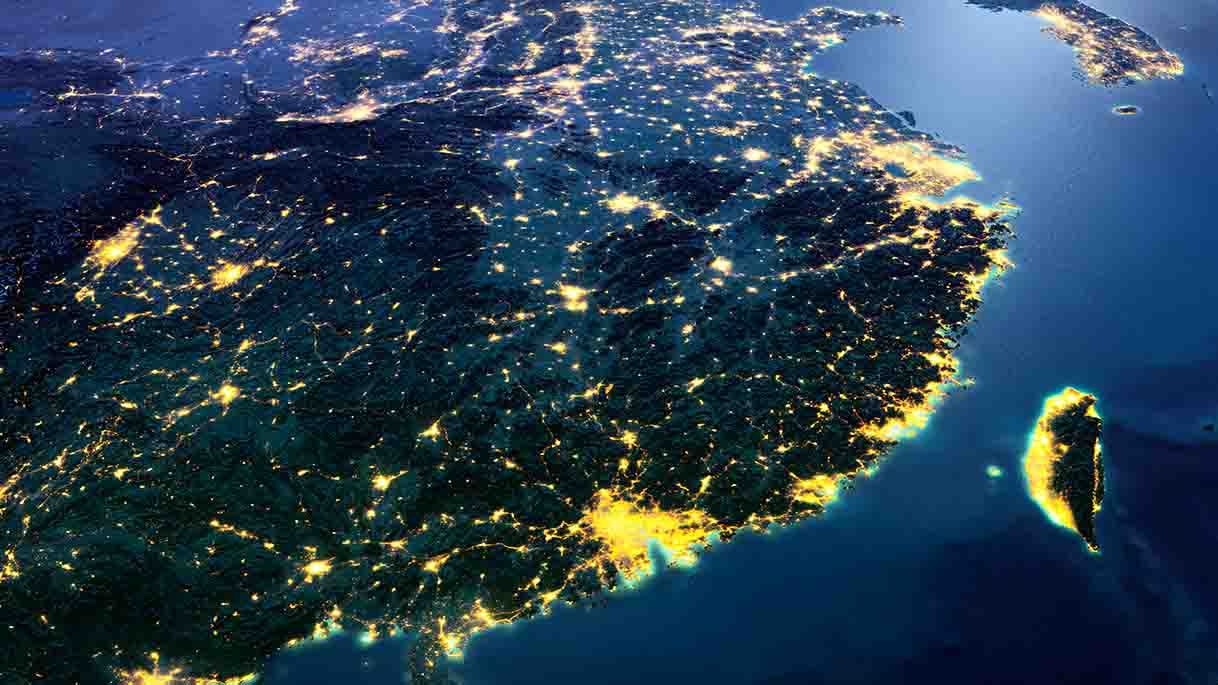Executive Brief

Cross-Strait Relations
On 4 July Taiwan Vice President William Lai, the ruling DPP’s 2024 presidential candidate, published an op-ed in the Wall Street Journal spelling out his “four-pillar plan” to preserve peace across the Taiwan Strait:
- Build Taiwan deterrence capabilities and reduce “the risk of armed conflict by raising the stakes and costs for Beijing.” Lai said he will expedite Taiwan’s transformation into an asymmetric fighting force and work for greater cooperation with partners and allies.
- Reduce Taiwan’s dependency on China - Lai said, “Economic security is national security,” and he will not only support local industries but also “foster secure supply chains while pursuing trade agreements that encourage trade diversification.”
- Enforce partnership with democracies around the world.
- Commit to “steady and principled cross- Strait leadership."Lai said he will maintain “pragmatism and consistency” and support the “cross-Strait status quo, which is in the best interests of both the Republic of China, as Taiwan is formally known, and the international community. I will also never rule out the possibility of dialogue without preconditions, based on the principles of reciprocity and dignity.”
The opposition KMT spokesman criticized Lai’s plan as “a trick to fool foreigners” and said the Taiwanese people can see clearly that Lai’s plan will not bring peace but perpetuate confrontation across the Taiwan Strait. KMT presidential candidate Hou You-yi said Lai’s plan “offered nothing new.”
- Beijing has not officially responded to Lai’s plan, but Chinese media said it exposed his deep-rooted Taiwan independence thinking, adding that Lai is a “root of trouble” for peace across the Strait. The Chinese government previously rejected the DPP proposal for dialogue “without preconditions.
- The Chinese government said the proposal is designed to negate the 1992 Consensus reached with the then-KMT government that agreed to the One China principle but deferred on its interpretation. Beijing has stated repeatedly that the Consensus is the “political foundation” for any negotiations and exchanges across the Taiwan Strait. The ruling DPP does not recognize the agreement saying it was made by two autocratic regimes without the Taiwan people’s consensus.
KMT presidential candidate Hou You-yi said in a TV interview on 3 July that he would support a version of the 1992 Consensus that conforms with the Republic of China constitution. He is against the interpretation of the Consensus as an acceptance of Beijing’s proposal of “one country, two systems.” He also opposes President Tsai Ing-wen’s “stigmatization” of the agreement. The DPP issued a statement on 4 July stating Hou’s position on the 1992 Consensus “flew in the face of mainstream public opinion in Taiwan.”
- On the same day, China’s Taiwan Affairs Office responded to Hou’s remarks with a brief reaffirmation of the Consensus serving as the foundation of peaceful development across the Taiwan Strait and said that the mainland was “willing to interact with KMT and all political forces in Taiwan on the basis of upholding the Consensus and opposing Taiwan independence.”
Hou also said he would change the DPP government’s decision for one-year compulsory military service and return to the previous four- month requirement if peace materializes across the Strait.
Hou’s remarks were interpreted as pandering to Taiwan’s youth, who mostly oppose the recently extended military service. Last December, reportedly in response to a US request for Taiwan to increase its own defense capabilities, the DPP government decided to extend compulsory military service from four months to one year for those born after 1 January 2006, to begin in January 2024.
However, at a campaign event on 5 July, Hou said that he supports the current policy of one-year compulsory military service given cross-Strait tensions. His goal is to return to the 4-month service requirement once the situation stabilizes.
- Hou’s campaign manager confirmed media reports that the US asked Hou for clarification of his position after his 3 July interview. Hou also emphasized that the US is Taiwan’s “strongest ally,” and he would continue arms purchases from the US if elected. Taiwan media reported that Hou is planning to visit the US in September to explain his positions on mainland affairs and US-Taiwan relations.